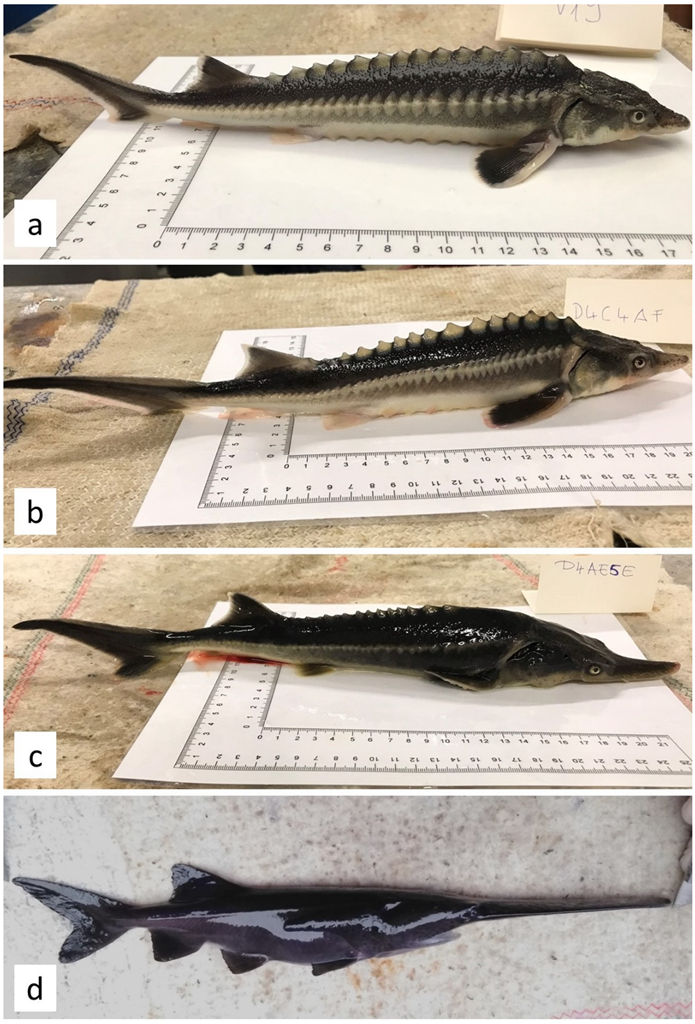American paddlefish plus Russian Sturgeon will give us Sturddlefish, simple. It is a new hybrid fish accidentally created by Hungarian scientists. Serendipities like this one have helped society by adding more to the treasure house of knowledge.
Eggs of the Russian sturgeon are sold at a high price to make caviar. This and the American paddlefish are also called "fossil fishes" owing to their ancient lineage and slower evolution. Both these fishes are critically endangered, according to the International Union for the Conservation of Nature.
Scientists have been trying to know if sturgeon and paddlefish could be bred in captivity, and that's when the miracle happened.

The Accident
Scientists used a method of asexual reproduction with just the presence of sperm without the contribution of their DNA, called gynogenesis. In the process, scientists accidentally used paddlefish sperm to fertilize the sturgeon eggs. Surprisingly, new Sturddlefishes hatched out of the eggs.
They separated the hatched fishes in two groups. One with those sturddlefishes having two times the maternal DNA looking more like sturgeon than the paddlefish. Another group had fishes with the same amount of maternal and paternal DNA, looking like an equal mix of the two species.
Purely Unintentional
The team of scientists at the Research Institute for Fisheries and Aquaculture in Hungary were the ones who made the accident leading to a new fish hybrid. Attila Mozsár and team published their findings in the journal Genes this month.
This marks the hybridization of two endangered fish species, scientifically called Acipenser gueldenstaedtii (Russian Sturgeon) and Polyodon spathula (American Paddlefish).
"We never wanted to play around with hybridization," Mozsár told The New York Times, while the creation was completely unintentional.
At the same time, scientists say that one should not expect the new hybrid in their waters anytime soon, as it was not meant to create a new species and most of the man-made hybrids are sterile, as they cannot reproduce in the wild.









